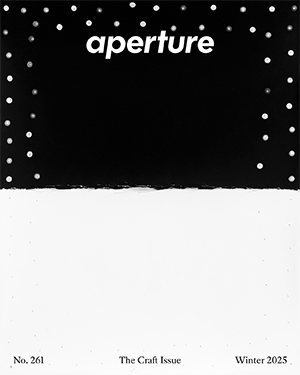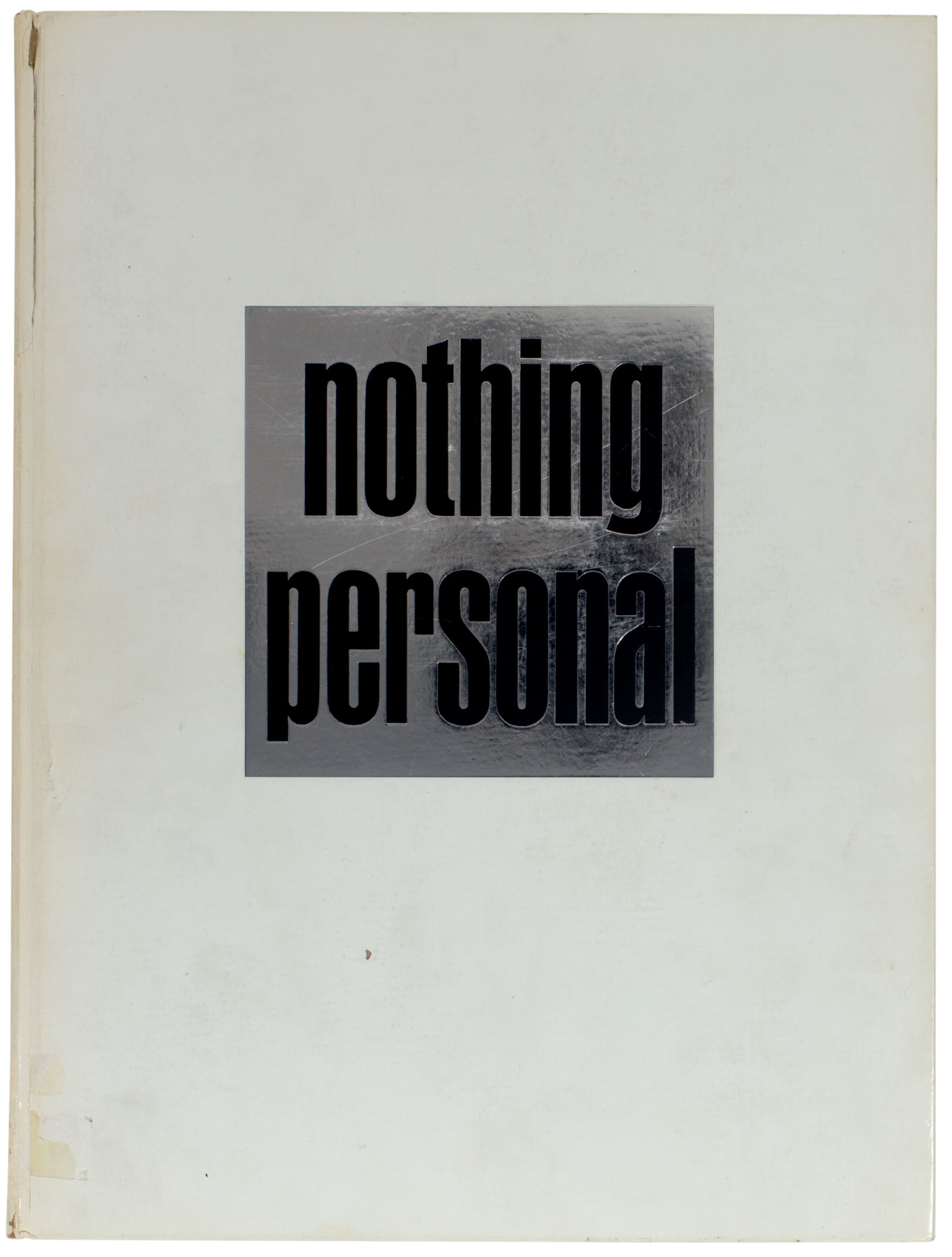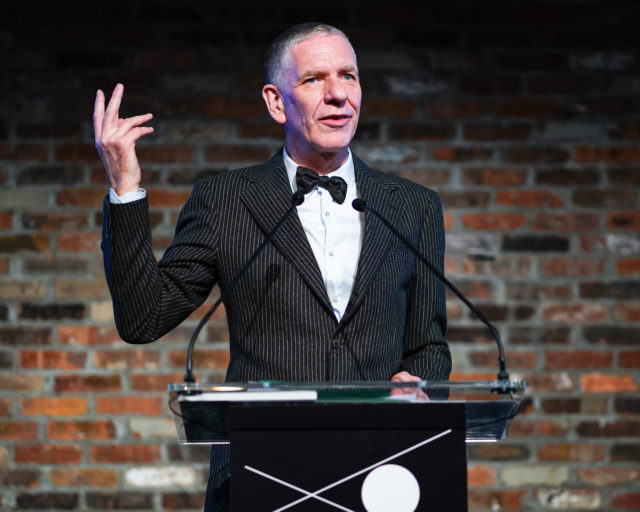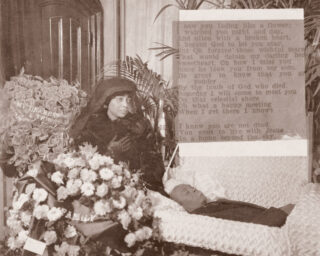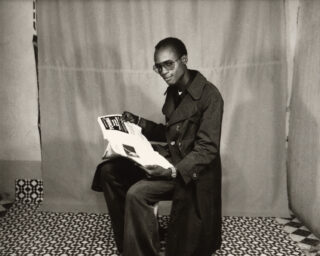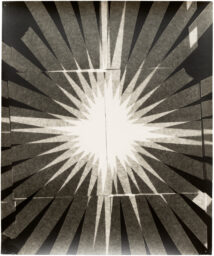Cover of Richard Avedon and James Baldwin’s Nothing Personal (New York: Atheneum, 1964)
When it was first published in 1964, just months after passage of the Civil Rights Act, Nothing Personal promised to be a major statement on what was then called “the Negro problem.” Combining the fiery prose of James Baldwin, the nation’s most celebrated African American author, with the electric photographs of Richard Avedon, America’s leading fashion photographer, Nothing Personal was a Mad Men–era, pop-culture phenomenon. The book’s elegant design, by Marvin Israel, was meant to underscore its importance: Nothing Personal is an oversize, slipcased white album that alternates four brief texts with four thematic sections of lush gravure photographs. And yet the hot topic of the day, civil rights, is barely mentioned.

Avedon described the photographs in Nothing Personal as “some of my very best work,” and they include, among other things, his unforgettable portraits of a naked Allen Ginsberg, a dejected Marilyn Monroe, and an unflinching William Casby (born into slavery one hundred years earlier), often provocatively juxtaposed with one another. But the real surprise is Baldwin’s largely overlooked texts, an incisive series of short bursts that have seemingly little to do with Avedon’s photographs. Instead, Baldwin writes deeply personal ruminations and perspectives on the American psyche: its penchant for hollow myths and easy escapism; its aggravated assault on strangers and difference; its cultivated loneliness and constant self-renewal; its unbelievable ignorance and passion for violence; its suicide-inducing despair. These reflections, though coming on the heels of President Kennedy’s assassination and preceding Baldwin’s own exile from America, seem remarkably prescient today and have renewed urgency as we face a new plague of racial and sexual violence.
Fifty years on, it is easy to see why Nothing Personal was dismissed in 1964 as an elitist misfire, especially as compared to earlier politically charged photographic examinations of African American injustice such as Richard Wright’s 12 Million Black Voices (1941), Ernest Withers’s Emmett Till pamphlet (1955), or Danny Lyon’s The Movement (1964). But Nothing Personal aimed to go beyond stark observations of documentary photography and prose to experiment with a new notion of equality, and to reach for a more abstract, humanistic, or even philosophical take on the “unspeakable loneliness,” as articulated by Baldwin, of an increasingly depersonalized America.
Read more from “Vision & Justice” or subscribe to Aperture and never miss an issue.
